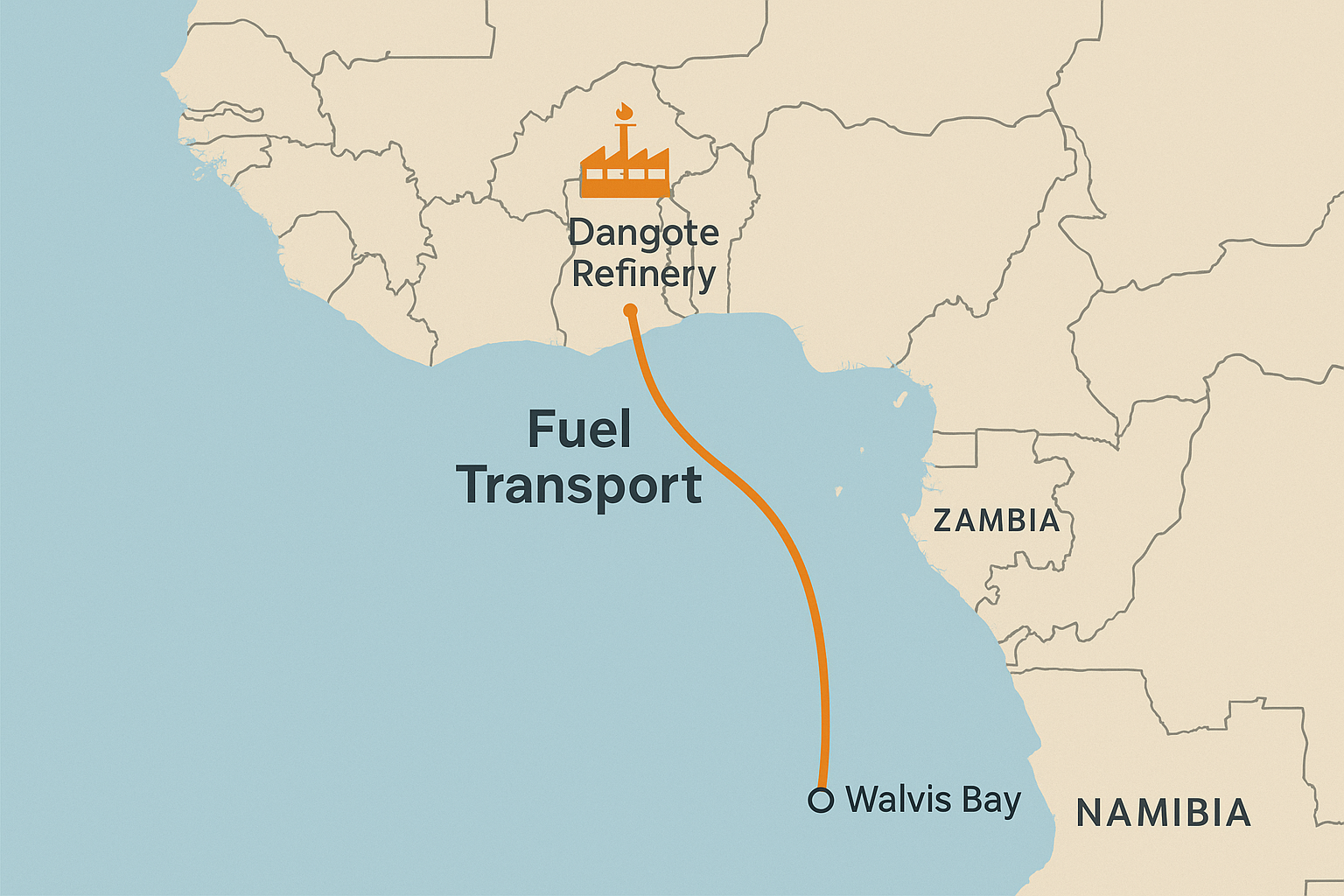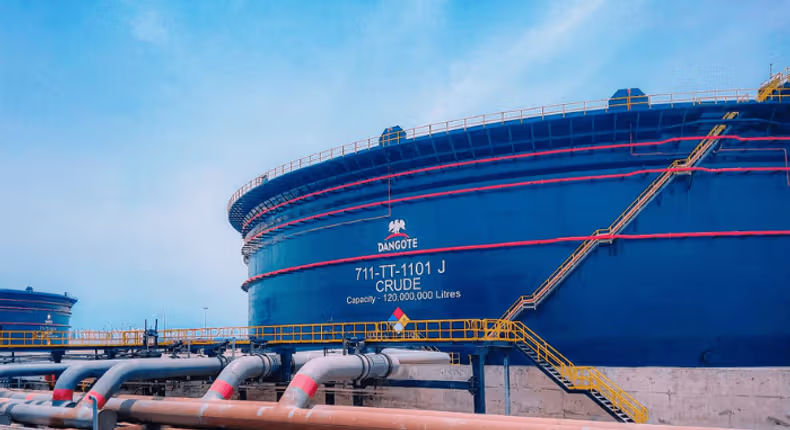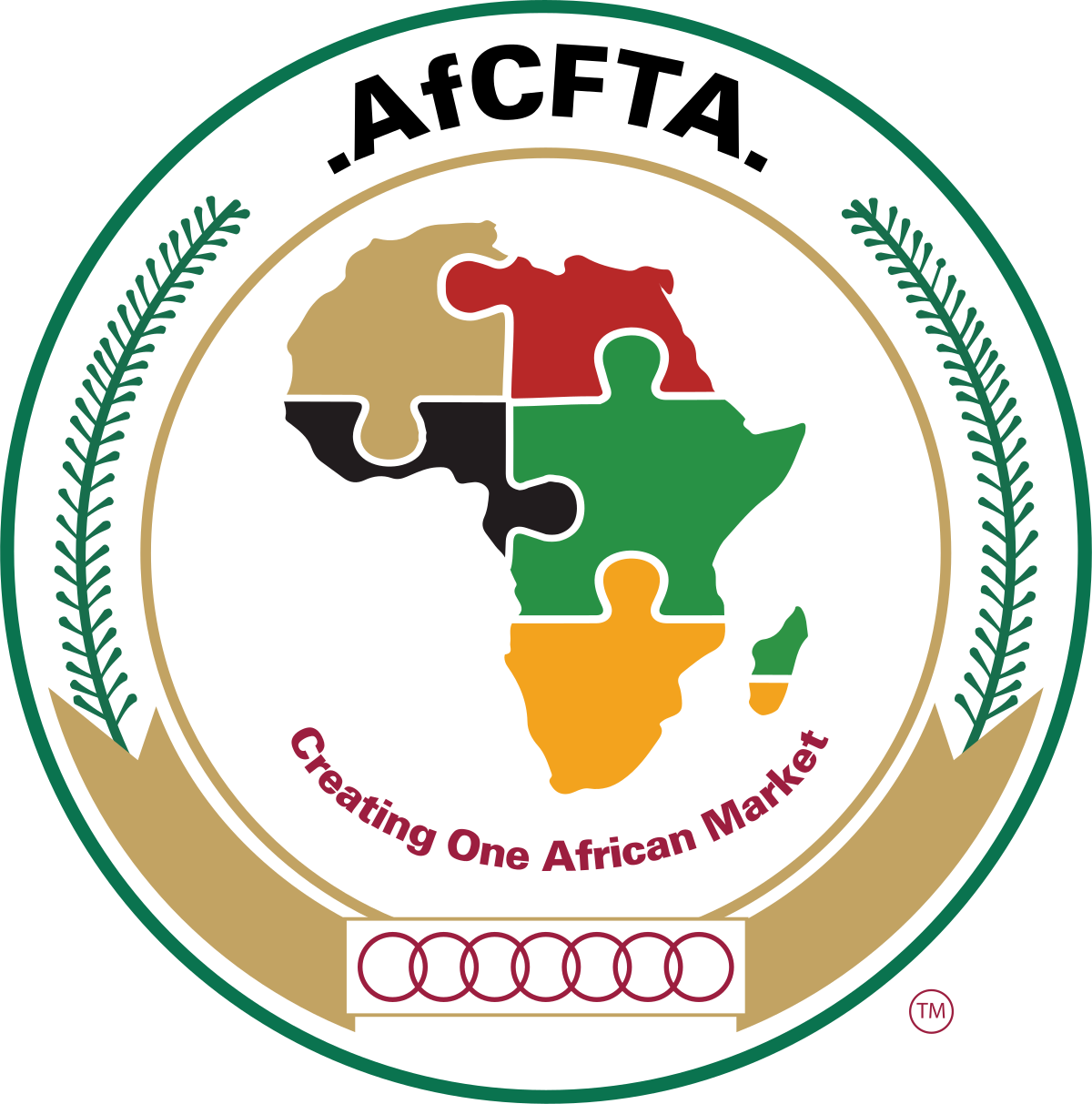The Atlantic Ocean brushes softly against the Namibian port of Walvis Bay, a city known more for ships and salt than for big oil ambitions. But this week, something changed.

Africa’s richest man, Aliko Dangote, is bringing a bold new chapter to life: building 1.6 million barrels worth of fuel storage tanks on Namibian soil, connected directly to his $20 billion refinery in Lagos, Nigeria. It’s more than a project. It’s a narrative shift. A symbol that Africa can fuel itself, by itself, and for itself.
 Pic by: Business Insider Africa
Pic by: Business Insider Africa
A New Energy Axis for Africa
The Dangote Refinery, recently commissioned in Nigeria, is Africa’s largest, able to refine 650,000 barrels per day. It’s a megastructure born from the dream that Africa shouldn’t be importing fuel it produces. Now, the refinery is sending its refined petroleum products down the coast, and Namibia is becoming its southern outpost.
But why Namibia?
Because Walvis Bay is Africa’s logistical sweet spot, a gateway to Botswana, Zambia, Zimbabwe, and beyond. Instead of routing fuel through long, expensive pipelines or relying on non-African ports, Dangote is stitching together a continental fuel backbone using African resources to meet African demand.
More Than Fuel: It’s Infrastructure Diplomacy
In a continent where fuel shortages routinely stall hospitals, farms, and small businesses, this project isn’t just about oil. It’s about dependability, dignity, and direction.
By storing refined fuel in Namibia, Dangote helps:
- Lower transport costs for landlocked nations
- Stabilize prices in Southern Africa
- Improve access for SMEs and logistics companies
- Reduce overdependence on European or Gulf imports
And just as important, it’s an act of intra-African trade in action.
AfCFTA: The Unseen Engine Behind the Tanks

The African Continental Free Trade Area (AfCFTA) was never only about paperwork. It was about mindset. About making it easier for a truck in Lusaka to fill up with fuel refined in Lagos, using a port built in Walvis Bay, without 10 border taxes or 50 forms.
This Dangote project is a living example of AfCFTA’s promise: shared markets, regional value chains, and African ownership.
- No middlemen from overseas.
- No dependency on non-African suppliers.
- Just African infrastructure serving African futures.
Rewriting Africa’s Industrial Story
For decades, Africa exported raw oil and imported finished fuel at inflated prices. The Dangote–Namibia link reverses that. It turns Africa into a refiner, a supplier, a trader, and eventually, a tech innovator in its own energy ecosystem.
It also opens the door for:
- African refineries to collaborate, not compete
- African ports to become hubs for intra-African commerce
- African logistics firms to scale up with predictable fuel
- Governments to build policy around regional resource-sharing
This isn't just a tank. It’s a symbol of trust that African hands, minds, and markets can work together. It’s a signal to the youth that continental ambition doesn’t have to wait for international validation. It’s the kind of story Discover Africa exists to tell.
Because the Africa we’re building isn’t just one of raw potential. It’s one of realized power stored in tanks, flowing across borders, and fired up by belief.